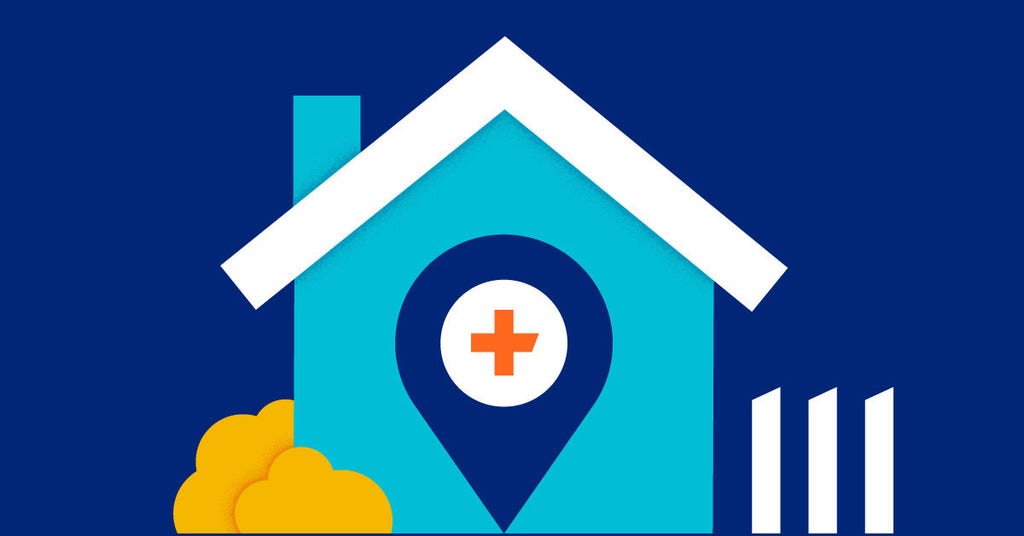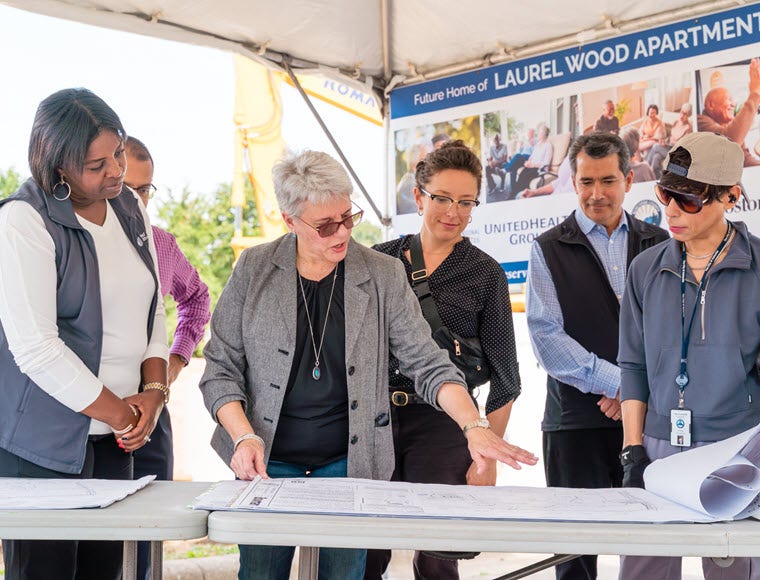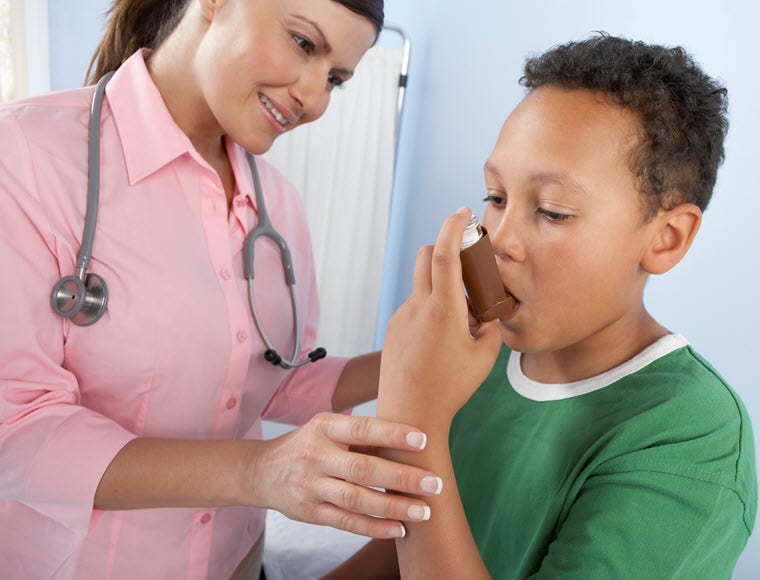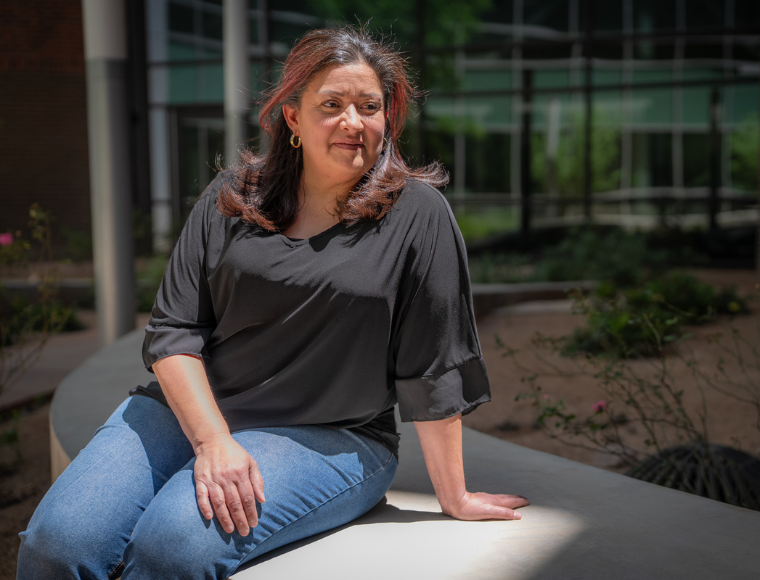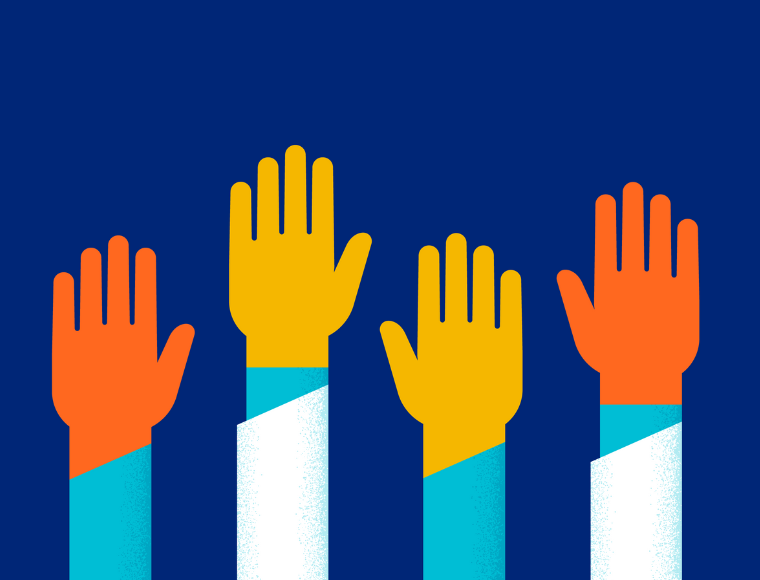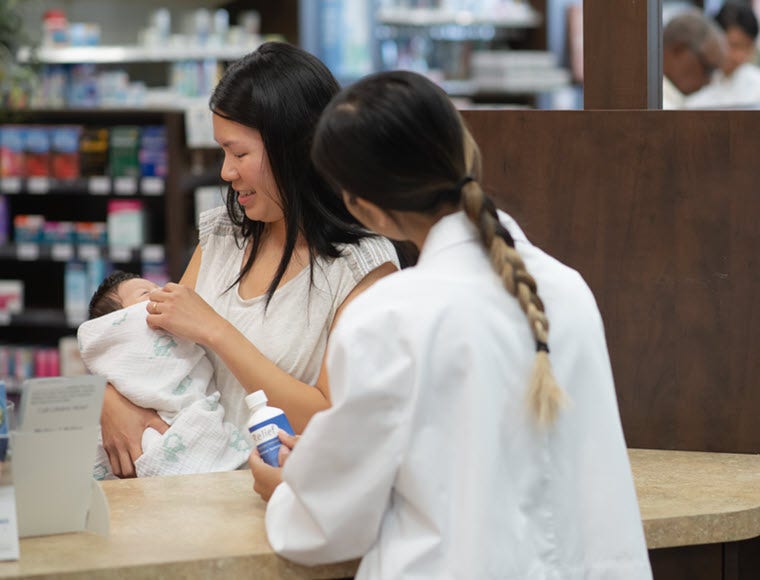For over 25 years, UnitedHealthcare Health Plan of Nevada Medicaid has been proud to invest in community partners large and small. Together, we strive to impact outcomes and equity along the continuum of care. While the state has demonstrated improvements in areas like reducing teen birth rates and boasts successes like lower income inequality and lower rates of frequent mental distress compared to other states, more opportunities remain to help people across Nevada live healthier lives. Since 2023 we have reinvested over $10 million in our local communities, leaning into key priorities impacting our state like housing, access to care, health equity, and social drivers of health.
Housing
There are only 14 affordable and available rentals for every 100 extremely low-income households in Nevada.1 Eighty-six percent of extremely low-income renters are severely cost burdened; these households are more likely to sacrifice necessities like food and health care to pay rent. To combat these statistics, we are focused on programs that meet local housing needs, including those serving people experiencing homelessness.
- Volunteers of America: Desert Oasis affordable senior housing expansion project, including on-site clinical and CHW support services.
- Living Grace Homes: Shelter and support services for pregnant and parenting young people who are experiencing homelessness.
- Catholic Charities of Southern Nevada: Renewing Hope program, which supports men experiencing homelessness with wraparound services.
- Straight From the Streets: Case management, outreach, and kits for Las Vegas Valley residents experiencing homelessness.
- Life Changes: Expanding access to bridge housing and supportive services to improve housing, health and employment outcomes.
Access
Nevada ranks 49th out of 50 states in the percentage of adults who avoided care due to cost, and 47th in the percentage of adults who have a dedicated health care provider.2 The state also ranks lower on measures related to preventative clinical services like cancer screenings and childhood immunizations. We can support a stronger health care system by closing gaps in access and strengthening the health care workforce serving Nevadans.
- Community Health Alliance: Supporting two Health Care Access Specialists who support access related to health resources, education, and enrollment.
- University of Nevada Reno School of Medicine: Supporting retention, research and outreach within the psychiatric residency program
- Supportiv: Bringing a virtual, 24/7 peer support program to students in Clark County School District.
- Reno Doula Co-Op: Scholarships supporting doula training and certification serving pregnant people in Washoe County.
- Nevada Physician Wellness Coalition: Addressing the challenges of physician burnout and providing wellness resources to physicians and medical students.
Equity
Disparities persist among underserved communities in Nevada, impacting access to care, health outcomes, and quality of life. Black Nevadans experience higher rates of conditions like heart disease, diabetes and HIV infection.3
People living in rural and frontier communities face additional barriers to accessing care; there are approximately 40 primary care physicians per 100,000 people in Nevada’s rural and frontier counties, compared to 89 in urban counties.4 Over 81% of Nevada’s rural and frontier population live in a primary care health professional shortage area (HPSA), and 100% of rural and frontier residents live in a mental health HSPA. We work with community-based organizations to address disparities and drive more equitable health outcomes.
- Collaboration Center Foundation: Support groups and resources for individuals who have a disability and their family members.
- Hope Christian: Equitable access to HIV and STD testing and addressing stigma around STDs and sexual health among diverse racial and ethnic groups.
- Henderson Equality Center: Creating safe spaces for LGBTQ+, allies and queer communities in Henderson and Southern Nevada.
- The Shade Tree: Serving victims of domestic violence and human trafficking.
- LGBTQIA+ Center of Southern Nevada: Supporting youth-focused affirmative counseling and wellness education for LGBTQIA+ youth and their families.
Social drivers of health
Social drivers of health (SDOH) are societal and environmental factors that impact a person’s health. Nevada ranks among the lowest states in the country for key SDOH related to educational attainment, food insecurity, and economic hardship. By addressing these upstream factors, we can support the long-term health and well-being of the communities that we serve.
- Communities in Schools: Integrated services in Clark and Washoe County schools to meet students’ needs and support academic success.
- Baby’s Bounty: A diaper bank in Henderson and a resource center in Las Vegas serving families throughout the valley.
- The Just One Project: Supporting no-cost food markets in three Clark County schools, and a mobile pantry bringing fresh groceries to local food deserts.
- Volunteers of America Re-Start: SDOH support and case management for people have experienced homelessness.
- East Valley Family Services: Programming for a family resource center providing necessities like clothing, hygiene products, and emergency shelter.
UnitedHealthcare Health Plan of Nevada Medicaid has invested over $10M in community organizations that are working to address critical needs in areas like housing, access to care, health equity and social drivers of health. Learn more about how these organizations are impacting the health and well-being of people across Nevada.
Sources
- https://nlihc.org/housing-needs-by-state/nevada
- https://www.americashealthrankings.org/learn/reports/2023-annual-report
- https://dhhs.nv.gov/uploadedFiles/dhhs.nv.gov/content/Programs/CHA/MH/Health%20Equity%20Action%20Plan%202(1).pdf
- https://dpbh.nv.gov/uploadedFiles/dpbhnvgov/content/Boards/RBHPB/Meetings/2018/DATA%20BOOK%202021%20Final%203-4-21%20ADA.pdf
